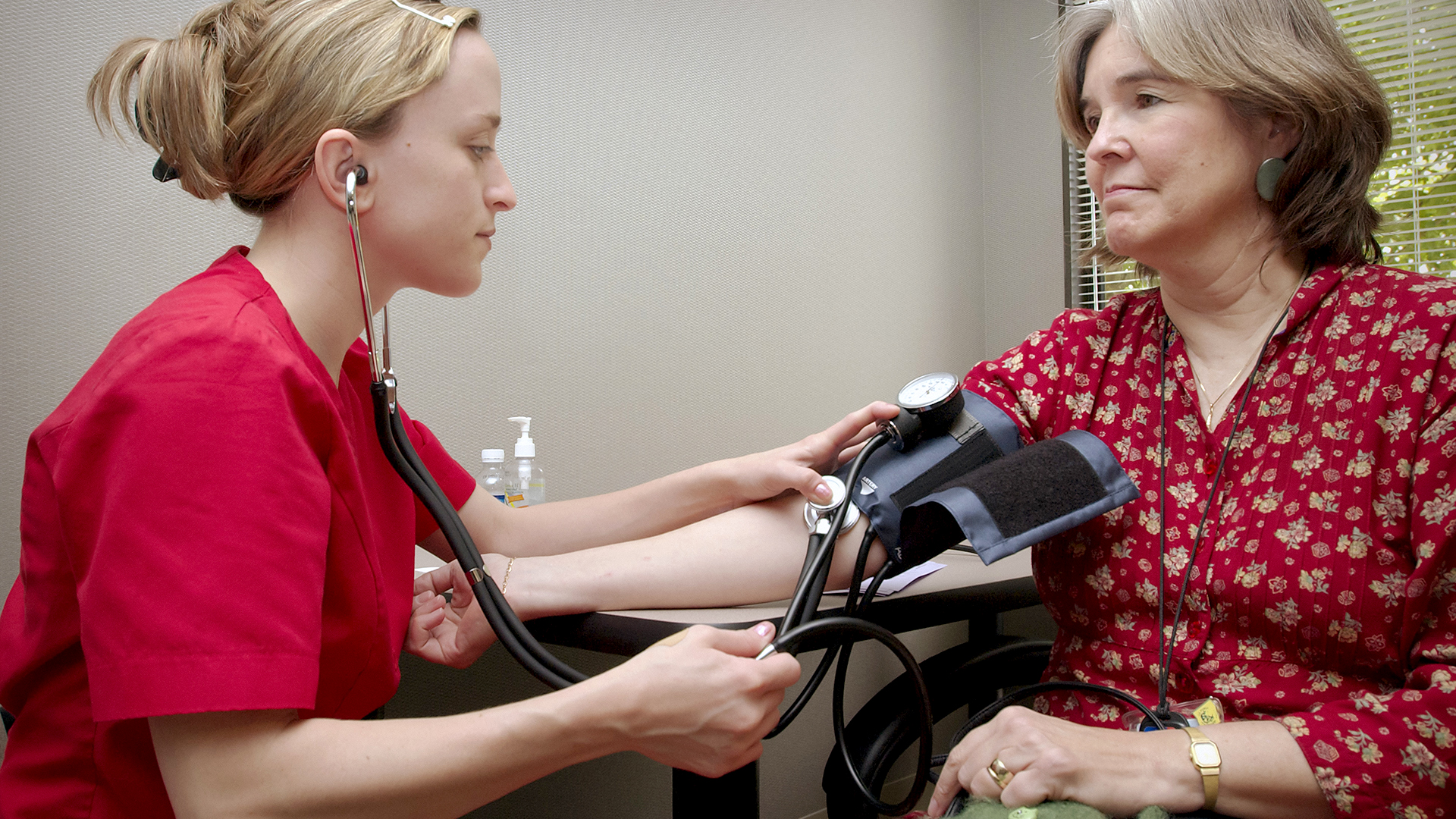by AINSLEY LAWRENCE
Modern life is complicated, and we’re constantly exposed to situations and particles that impact our individual health, for better or worse. Interestingly, culture and geographic location play a role as well when it comes to determinants of health. It doesn’t quite seem fair, but some regions of the world boast a healthier population than others.
Within the U.S., the unfortunate reality is that Southerners experience poor health in high numbers. Accounting for a full third of the total national population, the South contains 16 states and Washington, D.C. According to the Kaiser Family Foundation, one in five, or 20 percent, of adults in the South are in “poor” or “fair” health. What’s more, Southerners are more likely to experience certain chronic health conditions than those who live in other U.S. regions, notably diabetes and obesity.
In order to improve overall physical health among vulnerable populations in the South, community leaders can take a variety of approaches, such as improving healthcare access and offering classes in health and financial literacy. Southerners should also be made aware of just how important it is to have good health insurance, in case of the unexpected.
You can do your part by learning everything you can about the relationships between diet, income levels, and public health, and making personal changes if necessary. Here’s what you need to know.
Why Are Southerners So Vulnerable?
More research is needed, but there are numerous reasons for the national disparity of health outcomes, from poverty to geographic isolation, education, and lack of access to quality care. As there are so many factors behind health disparities in the South, no single solution exists, and the sudden onset of symptoms can complicate the situation even further.
Those who are uninsured or who must pay high insurance premiums may be reluctant to seek care for minor conditions. Yet, that mindset has dangerous implications, as the average citizen is usually terribly wrong in the realm of self-diagnosis, and the symptoms one considers “minor” may actually be indicative of something much more serious.
This is of particular importance to Southerners, who have low insurance coverage rates when compared to other states. On Wallethub’s ranking of the nation’s best healthcare systems by state, in fact, the South is rock bottom, taking the five lowest spots. Arkansas, Alabama, Louisiana, Mississippi, and North Carolina are considered the worst states to live in, in terms of healthcare costs, accessibility, and outcomes. It’s clear that Southerners of all ages, and at all levels of health, are facing an uphill battle, but there is some good news on the treatment front.
Solving Health Disparities Via Literacy
Dismal healthcare coverage and debt numbers notwithstanding, when looking for viable solutions, inspiration can be found in the unlikeliest of places. For example, in studying their own localized health disparities, researchers at Hawaii Pacific University (HPU) identified several promising strategies, notably education. In addition to increasing access to healthcare, education is considered a key element in the elimination of health disparities among vulnerable populations.
The concept is simple: When the general public has access to information related to disease prevention and making healthier lifestyle choices, they’re better equipped to handle anything that comes along, even an unexpected health condition. But since healthcare can be expensive, and insurance jargon confusing, health-related community education must also encompass financial literacy.
Staying On Top Of Medical Debt And Your Personal Health
As far as financial literacy and education are concerned, it’s best to start young. According to research, low financial literacy during the elementary years is associated with negative monetary situations in adulthood, including debt accumulation and high-cost borrowing. Researchers claim that financial education in schools benefits students over the long term, giving them a greater chance of future financial success.
Even if you didn’t have the opportunity as a youngster, interested Southerners of all ages can still find ways to responsibly manage their finances and avoid taking on medical debt, even when suffering from a chronic health condition. In financial literacy classes, you may learn about preventative health measures, such as daily exercise, that may reduce your chances of developing a long-term health condition.
Further, you may also be able to decrease out-of-pocket healthcare costs by reviewing all medical bills and identifying any discrepancies, as well as by researching the potential debt relief options you may be eligible for. But your work doesn’t end there, and it’s your civic duty as a proud Southerner to improve health outcomes on a larger scale, if you’re able. Consider sharing medical resource information with your friends and family, and keeping your elderly parents in the loop by communicating often, especially about how they’re feeling. Inquire about their personal health needs, and make sure their insurance coverage is up-to-date.
Key Takeaways
When it comes to treating unexpected health conditions without taking on substantial amounts of debt, Southerners are increasingly capable. From Virginia to Texas and everywhere in between, myriad opportunities are available for those who want to be more proactive with their own personal health, starting with education and prevention.





